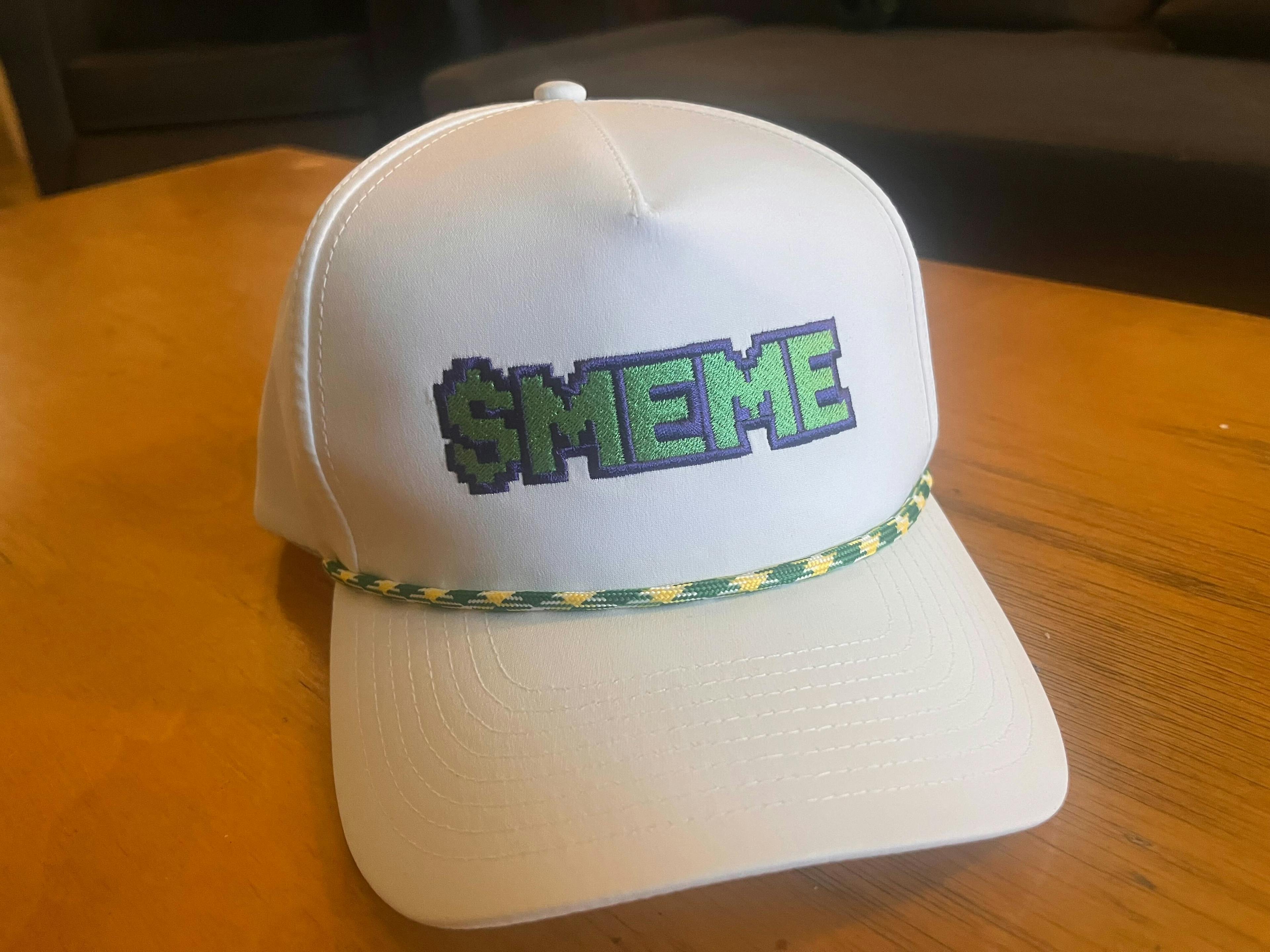An ETF exclusively for meme stocks launches today
The actively managed product uses volumes, option-implied volatility, and social media momentum to piggyback on names where retail traders see high potential.
Like a phoenix rising from the ashes — or more appropriately, like shares of an embattled company suddenly surging amid a tide of social media optimism — the Roundhill Meme Stock ETF is back.
The actively managed ETF will trade under the ticker “MEME” starting today. It’s a relaunch of a product from Roundhill that opened in December 2021, the same year as the OG GameStop meme stock craze, before shuttering about two years later.
Dave Mazza, CEO of Roundhill Investments, believes the time is ripe for this product to have a second life — with some tweaks to how the ETF identifies and selects meme stocks this time.
“There still remains a feeling among the Wall Street establishment that retail in aggregate, and especially the connectivity with meme stocks, is a non-serious endeavor,” said Mazza, who also serves as a portfolio manager for the new ETF. “But what we’ve learned, particularly in the post-Covid period and then into 2025, is that the power of retail investors across the broader market is particularly strong.”
The first iteration of the meme stock ETF used elevated social media activity and high short interest to screen for its components. This time around, Roundhill is aiming to take a more forward-looking approach to selecting companies that have a high potential for big swings. After screening out the US-listed stocks and ADRs that are not among the top 200 most highly traded securities, Roundhill will then use the options market to zero in on 30 securities from the remaining list that have the highest implied volatility.
From those 30, the fund managers will select 13 to 25 stocks that will be held in the ETF based on their analyses of social media momentum. Mazza spotlighted Reddit and X as two of the platforms that will be key sources for Roundhill to get a handle on retail sentiment through a mixture of quantitative and qualitative research.
To Mazza, the approach is about trying to be a little closer to the ground floor in identifying and piggybacking names where retail traders see immense upside potential, and be adaptive to changing themes. The prior iteration rebalanced once every two weeks, while this time the meme stock ETF will trade “at least once a week, if not more frequently,” he said.
Mazza told us:
“If I kind of take a step back and think more holistically about the portfolio, there are names that are kind of obvious today, right? Opendoor would probably be the first that comes to mind. But why is that really a meme? Well, it inherently had the potential to be one. Low share price. Some consistent retail interest, high volatility, some could say a sort of mixed to even broken business model that needed catalysts to fix it. The retail community truly latched on to the name after Eric Jackson put out his thesis on it and his price target. And from there, that, all that mixed together, made that stock or is making that stock get on a larger radar of investors.”
At launch, the fund will hold Opendoor Technologies (whose proponents may not agree with this designation, as they deem it a “cult” stock rather than a “meme” stock), hydrogen fuel cell companies Plug Power and Bloom Energy, quantum computing companies Rigetti Computing, Quantum Computing, D-Wave Quantum, and IonQ, zero-revenue nuclear energy firm Oklo and its peer Nuscale, bitcoin miners turned data center companies Cipher Mining and IREN, direct-to-consumer healthcare company Hims & Hers, ethereum treasury company BitMine Immersion Technologies, air taxi company Joby Aviation, and more.
